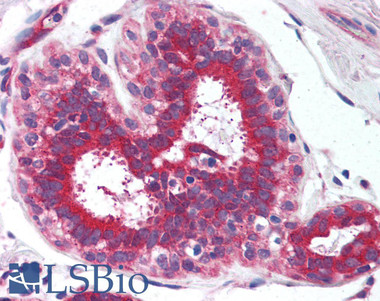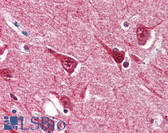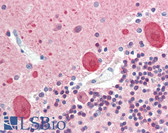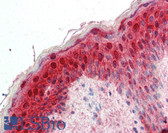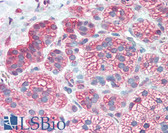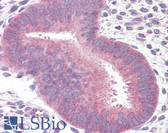 Loading... Please wait...
Loading... Please wait...- Call us on 443-686-9618
- Wish Lists
- My Account
- 0.00
Categories
- Home
- IHC Antibodies
- Anti-YWHAE / 14-3-3 Epsilon Antibody (N-Terminus) IHC-plus LS-B3683
Anti-YWHAE / 14-3-3 Epsilon Antibody (N-Terminus) IHC-plus LS-B3683
$495.00
SKU:
LS-B3683

